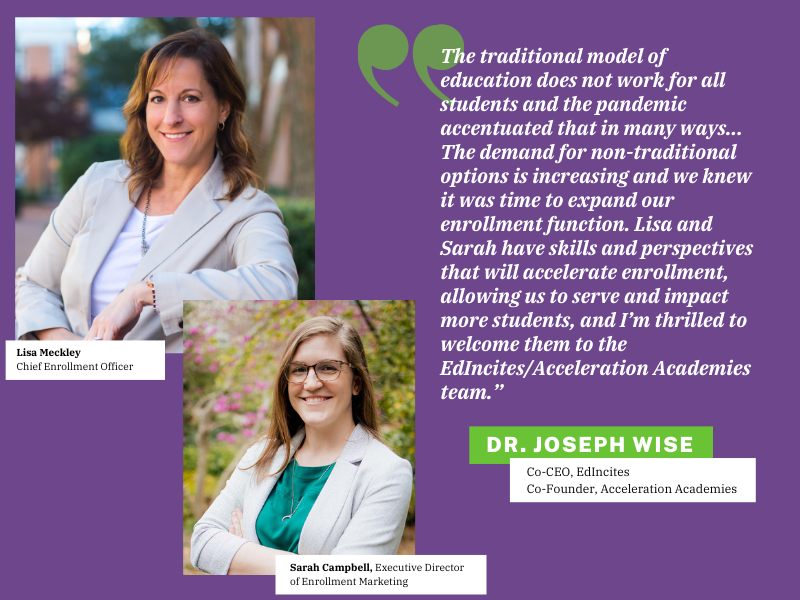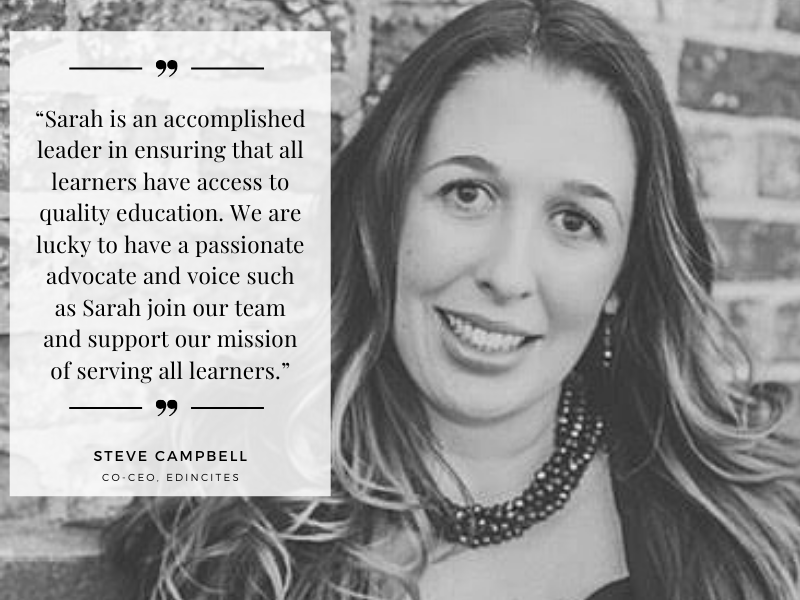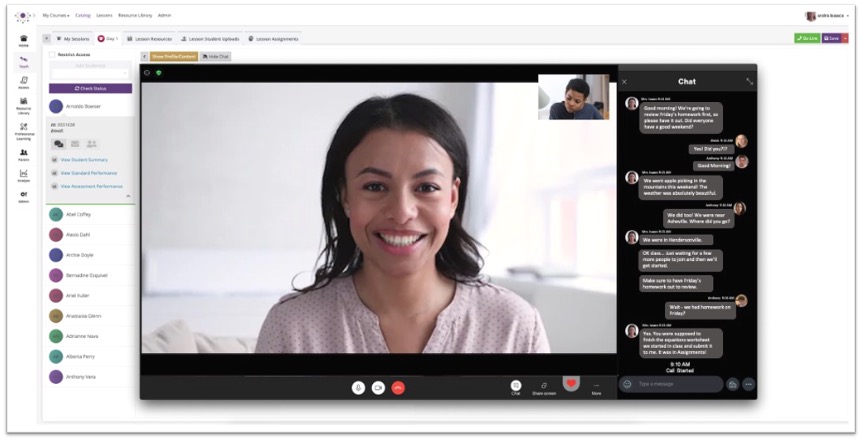
Last month, we had the opportunity to host a webinar with representatives from Cobb County School District and it did not disappoint! John Floresta, the district’s Chief Strategy & Accountability Officer, along with Lori Horn, the district’s Director of Assessment & Personalized Learning, and Candice Coombs-Davies, a first-grade teacher, shared their insights on how to drive positive assessment culture. CCSD, the second largest school district in Georgia, has delivered nearly 2 million assessments and counting in the 2019-2020 school year. The district knows a thing or two about ensuring that assessment is used as a tool used to drive personalized instruction for each student. Here are our top 5 takeaways from the webinar and the district’s tips for transforming your assessment culture. You can download the webinar recording here.
#1: You need a tool in place to measure “what do your kids know”
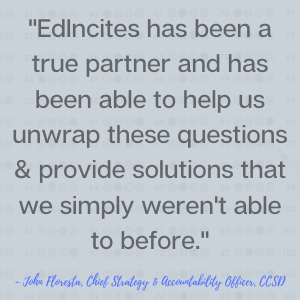 John Floresta, the district’s Chief Strategy & Accountability Officer, kicked off the webinar by posting the poignant question, “How do you know what your kids know?” He went on to explain that it’s a complex question that requires a tool or mechanism to determine the answer. He likened the system that CCSD uses to Netflix, full of integrations and complex algorithms that combine data from various sources. CCSD has built a connected ecosystem that integrates different technologies and brings data points together from different places to paint a holistic picture of student growth and achievement. We are proud to be a part of CCSD’s assessment journey, of which Floresta says, “EdIncites has been a true partner and have been able to help us unwrap these questions and provide solutions that we simply weren’t able to before.”
John Floresta, the district’s Chief Strategy & Accountability Officer, kicked off the webinar by posting the poignant question, “How do you know what your kids know?” He went on to explain that it’s a complex question that requires a tool or mechanism to determine the answer. He likened the system that CCSD uses to Netflix, full of integrations and complex algorithms that combine data from various sources. CCSD has built a connected ecosystem that integrates different technologies and brings data points together from different places to paint a holistic picture of student growth and achievement. We are proud to be a part of CCSD’s assessment journey, of which Floresta says, “EdIncites has been a true partner and have been able to help us unwrap these questions and provide solutions that we simply weren’t able to before.”
#2: Flexibility is key
The district’s Director of Assessment & Personalized Learning, Lori Horn, emphasized the importance of flexibility in rolling out a new assessment program. We’ll talk more about the structure in the next point, but Horn said her team encourages flexibility in how assessments are administered. They encourage teachers to use their discretion and administer assessments in whatever way will best serve students. Some of the ways they encourage flexibility are:
- Administer assessments quarterly or by unit—whichever serves the teacher and students best
- Employ “short cycle assessments,” which are given more frequently than summative assessments
- Embed assessment items into team-developed common assessments
Horn says the emphasis on flexibility has improved student achievement and led to better learning outcomes in the classroom.
#3: Planning and intentionality are critical
Although Horn and her team encourage flexibility, they still have a healthy appreciation for planning and intentionality. When the district rolled out CTLS Assess, they did so with great intentionality. It all started with training to ensure all stakeholders had the tools and knowledge they needed to be successful with the system. They also rolled out the system into cohorts, one cohort per year, to ensure resources were available for new adopters. During the rollout, Assessment Directors worked with Technology Training Specialists to make sure teachers had the tools and information they needed to use the platform. This training was done in conjunction with assessment literacy training, which focused on how to create effective tests that were standard-aligned and had valid results.
#4: Don’t be afraid to test more—and you don’t have to call them tests
Tests can sometimes get a bad rap, but as Candice Coombs-Davies, one of the district’s 1st grade teachers, explains, it is one of the most valuable tools we have to answer the question “what do our kids know.” She describes tests as an opportunity to assess where students are and gauge their knowledge. Horn echoed this sentiment when she said that regular checkpoints allow teachers to alter and adapt instruction. Coombs-Davies emphasized the importance of terminology in assessments. Instead of calling them ‘tests’ or ‘assessments,’ she calls them a ‘show me what you know,’ which feels safer and more comfortable for a lot of kids. She also gives what she calls “minis,” which are quick 4-5 question tests to determine student knowledge on a particular standard.
#5: Real-time data = Real time instruction
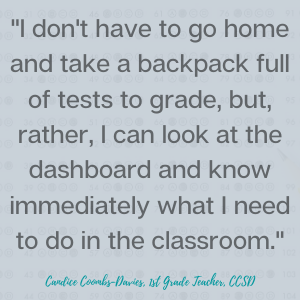 In the same way that regular assessments enable teachers to get a pulse on student knowledge and understanding, it also allows them to adapt instruction accordingly. As Lori Horn said, “What impacts instruction the most is that teachers have access to these results immediately because they are administered through CTLS Assess, which is powered by EdIncites.” Coombs-Davies provided a teacher perspective on the same topic, “I don’t have to go home and take a backpack full of tests to grade, but, rather, I can look at the dashboard and know immediately what I need to do in the classroom.”
In the same way that regular assessments enable teachers to get a pulse on student knowledge and understanding, it also allows them to adapt instruction accordingly. As Lori Horn said, “What impacts instruction the most is that teachers have access to these results immediately because they are administered through CTLS Assess, which is powered by EdIncites.” Coombs-Davies provided a teacher perspective on the same topic, “I don’t have to go home and take a backpack full of tests to grade, but, rather, I can look at the dashboard and know immediately what I need to do in the classroom.”
Many thanks to our partners at CCSD for their support and for sharing their expertise and insights on assessment during the webinar. You can listen to the full webinar recording here.
